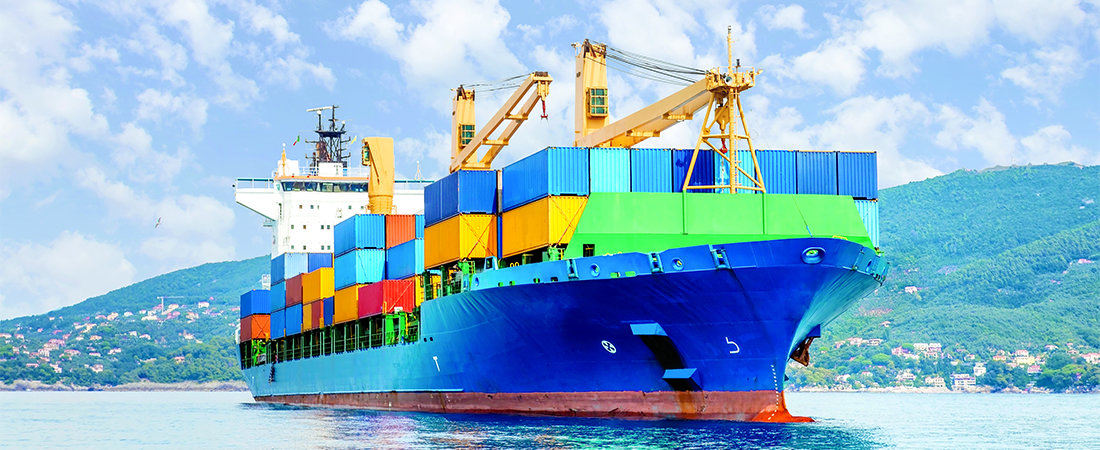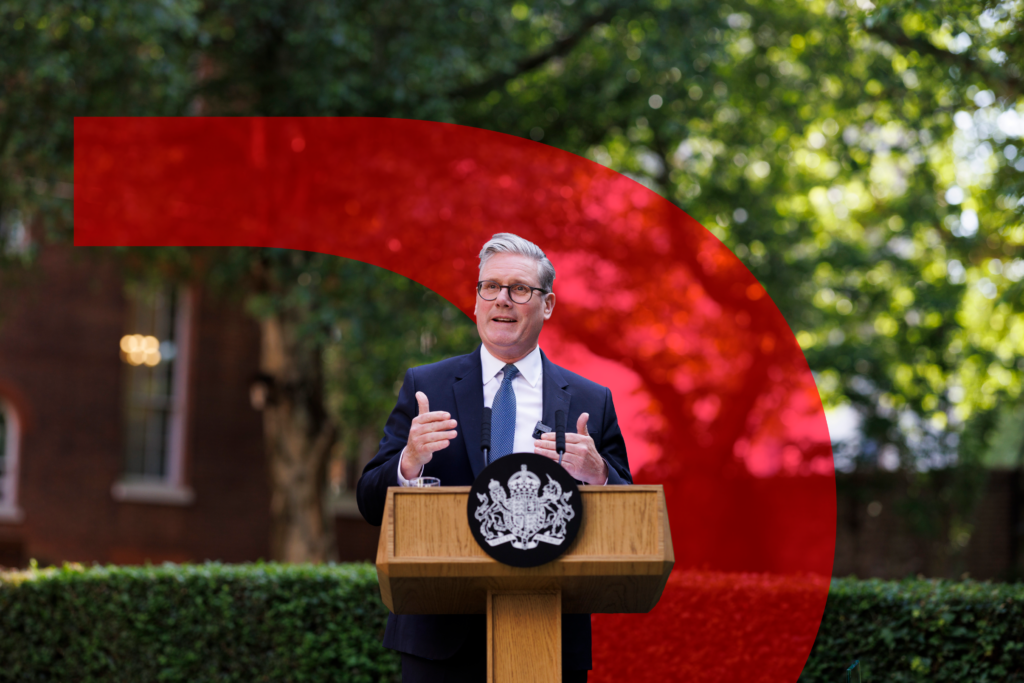The real blockage is that potential partners won’t want to finalise any deal until they know what our trading relationship with the EU will be.
This is not a good moment to do trade deals. Yet our future trading relationships with the EU 27 and countries around the world are at the heart of whether we have a successful Brexit.
The UK needs to complete three different trade negotiations in short order. We have to agree what new trading arrangements will apply between the EU 27 and ourselves after we leave the EU, likely in March 2019. We want to agree innovative bilateral trade deals with China, the USA, India and many others. And we must agree ‘schedules’ with the 163 other members of the World Trade Organisation (WTO) in order to revive our independent membership and be ready to trade using ‘WTO rules’ where we need to.
The Brexit trade conundrum is how to do this with an unhelpful international context, a weak negotiating hand, and under time pressure.
The last multilateral global trade deal was done more than twenty years ago. No one expects another one. Regional trade deals have replaced them. But both the mooted Trans Pacific Partnership and the US/EU Transatlantic Trade and Investment Partnership are in the deep freeze. Anti-globalisation sentiment, Trump and protectionism have killed them off for now.
So the UK has to go out into the world and ask others to do bilateral deals known as free trade agreements (FTAs).
We have great strengths in our attractive market, the world’s sixth largest, our free trade credentials and our willingness to be imaginative in creating new types of deal.
But the implacable truth of trade negotiations is that if you are asking for something, you have to pay for it, and the smaller you are the more you have to pay.
Initial contacts with India, for example, have already shown that they will be expecting a quid pro quo in terms of easier immigration to Britain for Indian citizens.
Legally, we cannot negotiate trade deals until we leave the EU. But the real blockage is that potential partners won’t want to finalise any deal until they know what our trading relationship with the EU will be, and therefore what access they obtain to the EU market through a deal with us. They also want to know what our WTO commitments are, which will take some years to sort out, so they can measure the benefits they are getting with their free trade agreement. Moreover, until they know what our domestic policies are on things like agricultural subsidies, food standards, environmental regulations, and intellectual property, they won’t know the non-tariff barriers they face.
This does not mean that Liam Fox and his Department for International Trade have nothing to do. To the contrary, there is a huge task in feeding into the EU/UK negotiations and preparing for the WTO and bilateral negotiations – both technically, where we have neither the staff nor the expertise, and developing a strategy, which we don’t seem to have yet.
But the key issue, on which everything else depends, is what trading relationship we have with the EU.
Don’t believe anyone who says that WTO rules are fine. After all, why do we want to agree bilateral deals with everyone else of consequence if the WTO rules are good enough? They are not.
So the EU 27/UK trade relationship is where the game of chicken is going to be played out. The EU 27 are saying that there can be no trade negotiations until we leave the EU. The EU lawyers have ruled that this is what the treaties require. EU insiders tell me that there is simply no procedure which could be used for a negotiation before Brexit.
This may all be true, but it is still baloney. It would hurt the UK hugely if there is no trade relationship in place when we leave and it would hurt the EU 27 a very great deal but not as much.
We need to agree a bespoke free trade agreement as the Prime Minister has clearly set out. This may well be the best solution, but it is impossible for a free trade agreement to be finalised and ratified in time for our exit. Not unlikely or difficult. Impossible.
Even if some partial or transitional deal is done, there is an enormous range of policy where continuity is essential – such as aviation rights, fishing quotas, medicines regulation and so on.
Take for example patents. Are we going to continue to use the European Patent Office, or set up our own? Only the former is sensible in the short term, so yet again we want something from the EU. The Great Repeal Bill (which is gloriously misnamed, it is really The Great Continued Application of EU Law Bill) will say all EU law continues.
In the end, the only practical outcome is a transitional agreement to cover the period until a free trade agreement is ratified and all the other relationships, patents and the like are sorted out. I can see three versions of this.
First, a broad outline of what a free trade agreement might look like is agreed in principle. The transitional arrangements are designed to help move everyone towards that. Second, we could have interim arrangements, some provisions to buy time while a free trade agreement is negotiated. Third, we could have a rollover of the status quo until something more definite is agreed.
This is where the game of chicken comes in.
Michel Barnier and his team see the UK position as weak. So they expect to dictate the terms of a transitional/interim/rollover agreement with some sweeteners to give us face saving cover.
The first element will be our agreeing to pay a very large exit bill. I expect them to decline to negotiate anything until we have signed a large cheque. If we refuse these terms, well they say, be our guests and walk over the cliff.
The EU has a pretty clear objective and negotiating strategy. The objective is to make as few concessions from EU principles as possible to the UK. Arrange things so the UK hurts nastily for a while to discourage others. Then agree a transitional deal with a sunset clause and get on with agreeing a free trade agreement which is weighted in their favour. The strategy is to pad out the negotiating process so the UK runs out of time and sues for peace in early 2019. This approach means they are likely to overplay their hand and get hung up on principles.
The Prime Minister has set out her objectives and strategy more diplomatically than her Foreign Secretary, but with the same content: ‘have cake and eat it’. She wants a free trade agreement with maximum access to the single market and customs union, but none of the constraints or costs. This is a good opening gambit for a weak hand. But to say as she did, ‘no deal for Britain is better than a bad deal’, exposes the weak hand she has to play. For if we have no deal then we will have new barriers to trade which as May herself said means ‘less trade, fewer jobs, lower growth.’ The EU 27 may well call her bluff.
All the same, Britain has been remarkably successful at getting its way in the EU over the decades (think the budget rebate, the single market, enlargement of the EU, opt outs from the euro and Schengen).
We have some useful negotiating cards to play, and we are certainly more agile as one country than 27. So there is no inherent reason why we cannot get a good deal if we eventually take a reasonable decision on what that deal should be, use some skilled negotiators and play our cards as well as we have in the past.
Except that emotion-driven politics is at work in the UK as well as the EU.
Our red lines and the EU 27’s red lines are too far apart just now and both sides feel righteous and cross, indeed appalled, at the other side.
There are, of course, external factors which could derail the whole process, think a Eurozone collapse. But if you force me to predict the outcome, it is as follows.
We will get to March 2019 with much posturing, but no walking out and no agreement. Crisis, all night meetings, the clock is stopped, markets in turmoil. After several weeks of brinkmanship, in which it becomes clear that the UK’s position is indeed weaker than the EU’s, some form of interim deal for two years will be done, much of it the status quo. We will leave the EU and give up all influence. But EU law in practice still applies.
In those two years, we will sort out our WTO position and probably finalise the substance of a free trade agreement with the EU (though it won’t be ratified) which will allow us to leave more substantially, although much EU law will in practice be the law of the land for decades whatever the outcome.
By Sir Andrew Cahn






